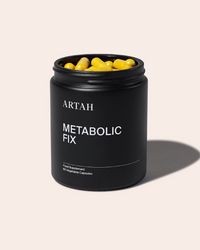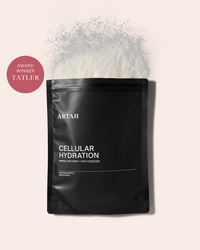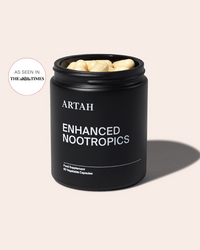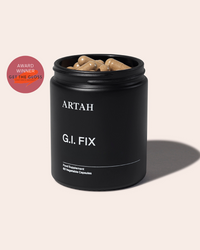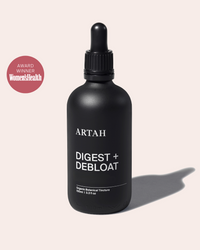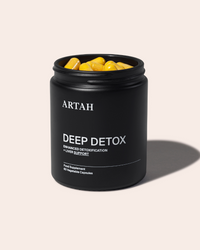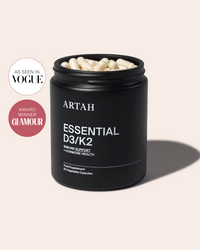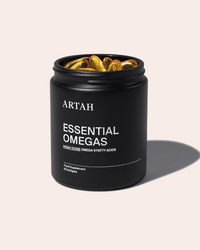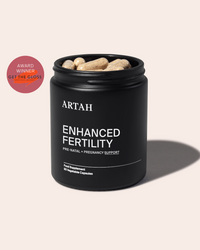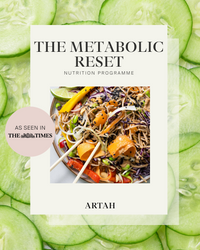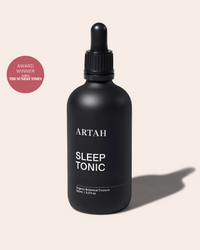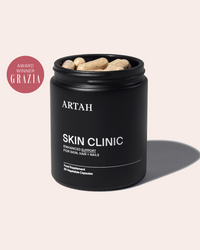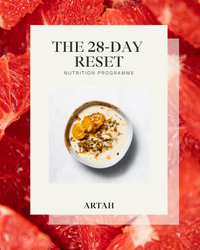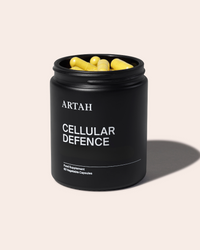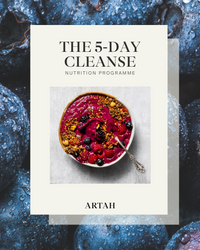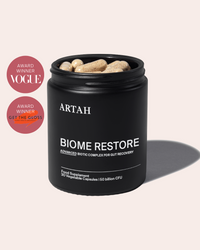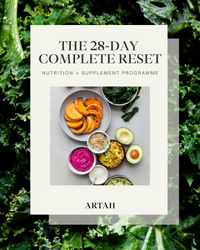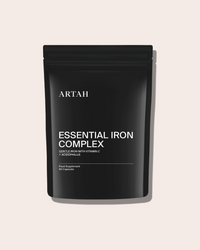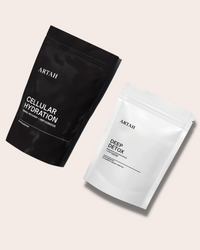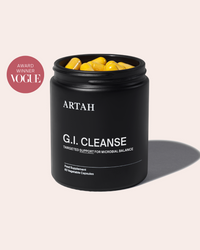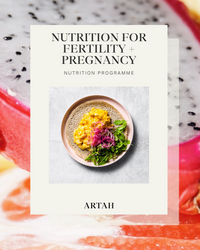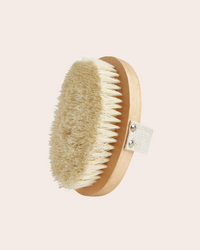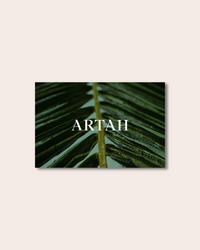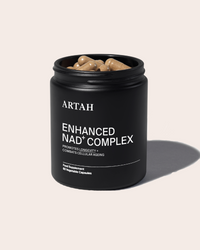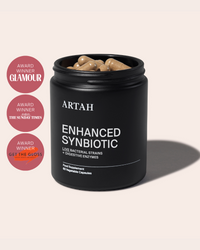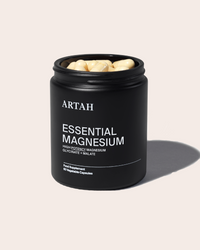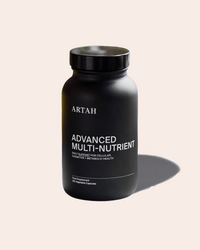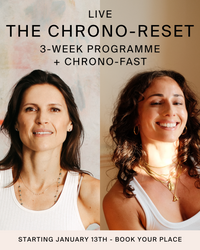Meet The Founder Behind The World's First Flushable Pad
Meet Olivia Ahn: Entrepreneur, Doctor, innovator, and one of the founders of Planera, the world's first flushable pad.
We love connecting with female founders in the health and wellness space, and were lucky enough to connect with Olivia Ahn, one of the founders behind the London-based femtech brand, Planera. The pad company offers its consumers a revolutionary menstrual product never before seen on the market: it is not only 100% biodegradable, but flushable, too. The pads disintegrate within minutes of being flushed down your toilet, keeping microplastics out of waterways and single-use products out of landfills.
What made you switch from being a doctor to an entrepreneur?
In medical school, I had just started being thoughtful about my consumption on our planet. This was part of my personal mission to create a positive impact on my surroundings, and being a doctor was a great way to support that.
However, I struggled to reduce my environmental impact - though it didn’t feel like it was for lack of trying. I bought biodegradable and reusable alternatives and changed my behaviour, but either the product was not performing how I needed it to, or the lifestyle changes were too great for me to be able to maintain.
I found myself stuck and feeling guilty, whilst companies who were forcing me to create waste through poorly designed products were profiting off greenwashing. I wanted companies to take responsibility for the products they were creating and make products that had the future of our planet in mind. I felt I could create the most positive impact through Planera, and switched to being an entrepreneur!
Planera is the world’s first flushable pad. Please explain to us how this works.
Planera’s certified flushable pad was born from necessity. 1 in 3 period products are already being flushed away in the UK – none of these products are flushable. Until Planera.
All period products are currently thrown in bins, which moves the problem of waste but does not solve it. From the bins, the products will be sent to incinerators or landfill. Unfortunately, even using biodegradable materials for sanitary products still doesn't solve the core problem of permanent waste, as there are no places along the product journey for them to biodegrade properly and safely.
We spent over 4 years redesigning the materials as well as the entire production process, to ensure that the pads and wrappers were flushable with zero microplastics. When you flush your Planera pad away it will degrade before you have finished washing your hands.
Why did you want to focus on creating a product geared toward menstruation?
The femcare category is in desperate need of innovation, and greenwashing is rampant. Most individuals who are cyclical bleed every month for around 40 years and, with the climate crisis where it is now, we need solutions that have been designed with consumer behaviour in mind. I did not see anyone addressing the problem of permanent waste in disposable femcare – so we decided to do it ourselves.
How long have you been developing the pad and what has this entailed?
We are now in our 5th year – the first version was tested and developed by over 1500 people. We are now well into our 300th version and have been tested by over 8500 people. Our product development process is rigorous – Planera has a culture of transparency and accountability. We ensure all of our claims are backed by thorough data so we never add to the greenwashing that is so widespread in the industry. We are the first and only period pad to be certified flushable which we are very proud of. This proves that there will be zero microplastics and no blockages with our 100% biodegradable and flushable pad.
Why are flushable pads the future?
Menstrual waste is currently being dumped in landfills and every single pad ever worn still exists. With the Planera flushable pad, the pad worn today will be gone in 30 days – into water, renewable energy and fertiliser. We need to stop ignoring menstrual waste and use it. Our flushable pads turns waste into energy.
What does being well in this day in age mean to you?
Being well in this day and age is quite a tricky one, to be honest. If you asked me this question 5 years ago I would have answered that it means physically and emotionally looking after myself. However, in the last 5 years with the pandemic and Planera, I feel the meaning has shifted slightly to include actions, too. Being well to me now, means also checking in on my neighbour, picking up litter, or sharing warm words with a stranger. I feel that being well means little if my friends and my environment are not well. I struggle to imagine describing myself as ‘being well’ if my surroundings and nearby people were not. I echo this feeling with the word ‘sustainability.’ I was a big sustainable supporter 5 years ago but now I am not. To sustain is not enough – we must replenish and restore. I aim now to be ‘regenerative.'
Why is women’s health important to you?
Women’s health is important to me because everyone is affected by women’s health. By highlighting women’s health and shining light on previously hushed topics we promote discussion and innovation where it is sorely needed.
Is there anything exciting on the horizon with Planera that you would like to share with us?
We have just launched our referral campaign #Give3Get3 – we want to make it easy for everyone to get their hands on a flushable pad so you can see the magic for yourself. Simply sign up and refer a friend and both of you will get 3 free flushable pads. We are gearing up for our launch in 2023 so check us out at www.planera.care and give us a follow on Insta/Tiktok!
Make sure you enter our giveaway with Planera here for a chance to win!





